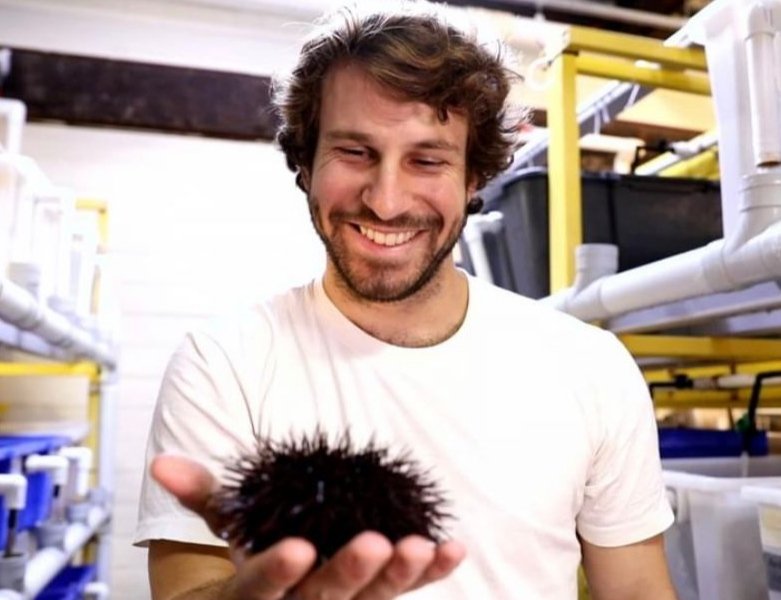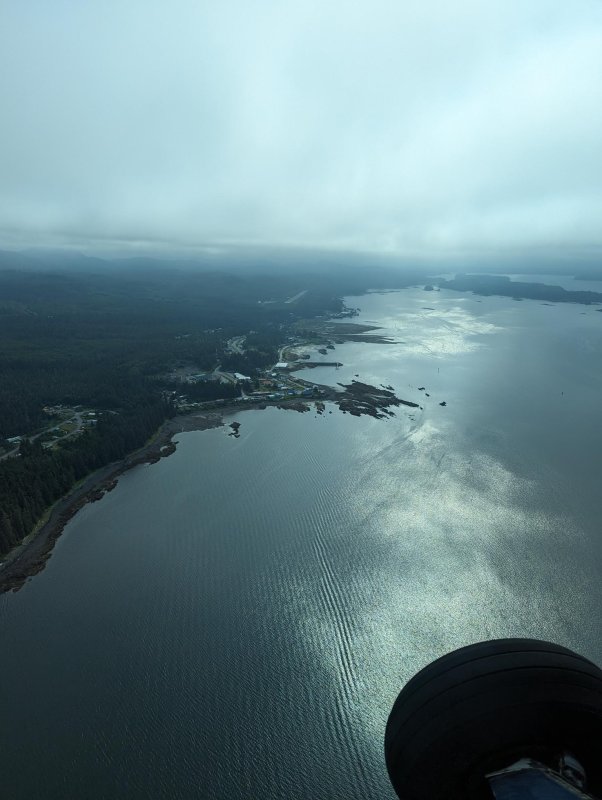Meet Mitchell Gibbs, WWU's visiting Fulbright scholar from Australia
Mitchell Gibbs, a lecturer and postdoctoral fellow at The University of Sydney in Australia, is on campus at Western on a Fulbright scholarship to research the effectiveness of community-run restoration projects, particularly concerning clam-restoration initiatives in Indigenous communities.
Gibbs contacted marine ecologist Marco Hatch, an associate professor at Western Washington University and a member of the Samish Indian Nation, and Anne Salomon, a professor at Simon Fraser University, to discuss Salish Sea clam restoration.
“In the course of my academic journey, I developed a deep interest in Indigenous knowledge. My goal is to weave this wisdom into education, bridging the gap with Western understanding. When I received the Fulbright, I knew it was a gateway to making this vision a reality,” Gibbs said.
Over the past six months, Gibbs has been immersing himself in communities in Washington, British Columbia, and Alaska. He spent time this past summer in the indigenous community of Kake, Alaska, which has been relying on a clam-restoration effort to help boost its food supply.
During the COVID pandemic the residents of Kake lost access to parts of their food supply due to shortages in the supply chain, and had to rely more on traditional means of sustenance such as hunting deer and seals. However, these resources are not always readily available.
The residents of Kake, who are members of the Tlingit peoples, rediscovered clam gardening by seeing the practice in place by other members of the Tlingit community in Sitka, Alaska. Through the winter, their efforts to restore traditional clam-gardening techniques helped boost food resources, while community members shared valuable knowledge about their environment and heritage.
"Every place I've visited has shared stories of how these clam restoration projects have significantly improved their communities, especially in Kake. Establishing more projects in collaboration with indigenous communities back in Australia stands as my goal,” Gibbs said.
Gibbs hopes to secure a policy change grant for his research, which he believes could pave the way for a substantial grant to showcase the effectiveness and potential of transformative restoration projects like the one in Kake.
Acquiring these practices and embracing indigenous knowledge holds the potential to bring about positive transformation in all communities.
Mitchell Gibbs
“Securing a policy change grant that makes people go to the indigenous community first for restoration knowledge is a part of my goal. I would hope that eventually this would feed into a much larger grant that will start to show how good restoration can be,” Gibbs said.
Gibbs said that his experience at Western and involvement in clam restoration with communities has provided him with valuable research and indigenous principles to apply in his future work. He hopes to take the knowledge and experiences he has gained from this opportunity and incorporate them back into his home country.
“Acquiring these practices and embracing indigenous knowledge holds the potential to bring about positive transformation in all communities. My aim is to continue spreading this invaluable wisdom to people around the globe,” Gibbs said.
To find out more information about Gibbs’ work and projects visit Restoring Knowledge, watch his lecture video Environmental Speaker Series Presents: Indigenous Mariculture and Its Importance on Vimeo, or contact him at mitchell.gibbs@sydney.edu.au.

